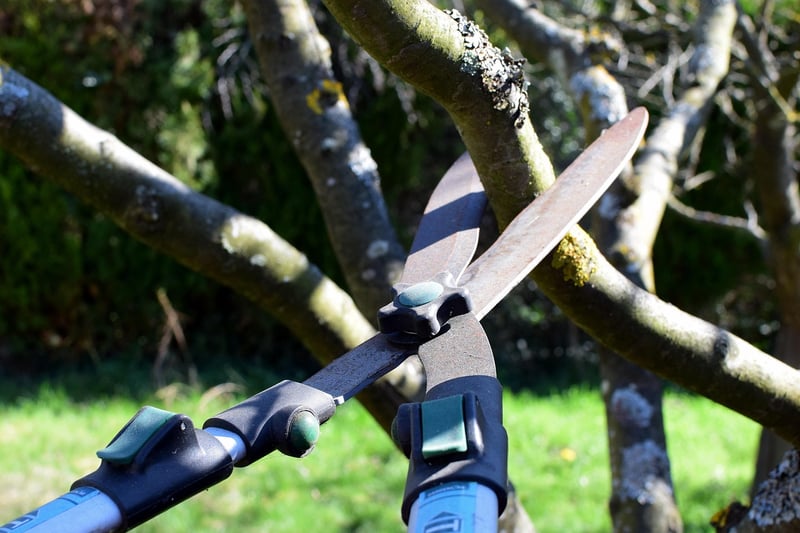Pruning Tips
Maintain Plant Health with Proper Pruning Techniques
Proper pruning is essential for maintaining the health and vitality of your plants. By following some simple tips, you can ensure that your plants thrive and continue to enhance the beauty of your garden or landscape. Here are some useful guidelines to help you with pruning:
1. Use the Right Tools
Invest in high-quality pruning shears, loppers, and saws to make clean cuts without damaging the plant. Keep your tools sharp and clean to prevent the spread of diseases.
2. Know When to Prune
Understand the specific needs of each plant species. Some plants should be pruned in spring before new growth appears, while others benefit from pruning after flowering. Research the best time to prune your specific plants.
3. Remove Dead or Diseased Branches
Dead or diseased branches should be promptly removed to prevent the spread of infections and to encourage new growth. Cut these branches back to healthy tissue using clean, sharp tools.
4. Shape for Aesthetic Appeal
Prune your plants to maintain their natural shape or to achieve a desired look. Regular pruning can help control growth and promote a fuller, healthier plant.
5. Avoid Over-Pruning
While pruning is essential, avoid overdoing it. Never remove more than one-third of the plant's total growth in a single pruning session to prevent stress and damage to the plant.
6. Consult Experts for Complex Pruning Tasks
For large trees or complex pruning tasks, consider consulting with a professional arborist or horticulturist. They can provide guidance on the best pruning practices for your specific plants.
7. Monitor Plant Health After Pruning
After pruning, monitor your plants regularly for signs of stress or disease. Proper watering, fertilizing, and care can help plants recover from pruning and thrive.
By following these pruning tips, you can maintain the health and beauty of your plants while promoting optimal growth and flowering. Remember, proper pruning is a key aspect of plant care that should not be overlooked.

For more information on plant care and gardening tips, visit Royal Horticultural Society.
